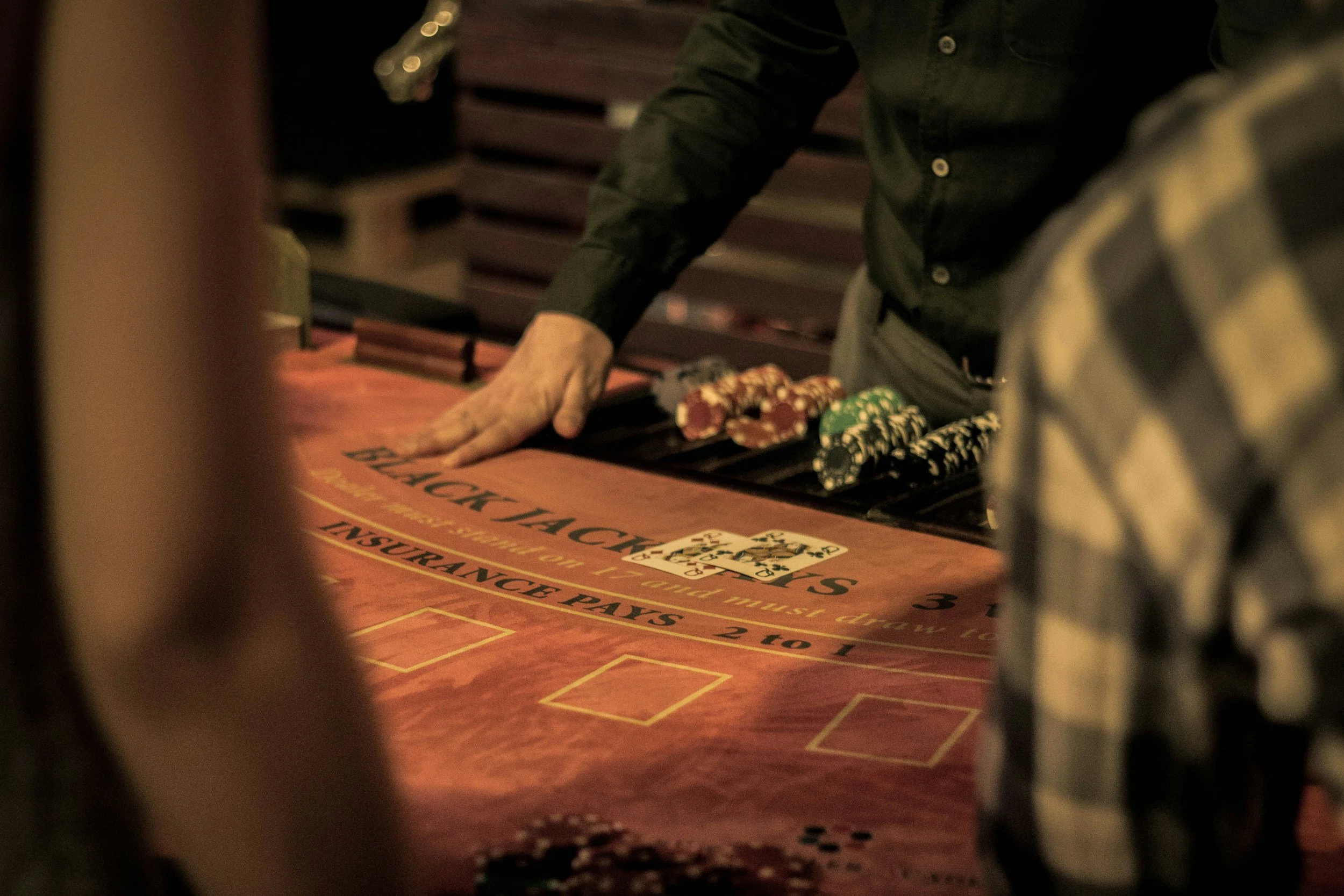
Communities have been dealt a bad hand.
These proposed regulations disrupt cardroom game playing and operations and are being pushed by tribal casinos to eliminate gaming competition in the state. The impacts of these regulations will divert business from taxed cardrooms to untaxed tribal casinos per the Standardized Regulatory Impact Assessment: Player-dealer Rotation and Blackjack Regulations.
Overview of the Regulations
Places strict and unnecessary new restrictions on the betting format for player-dealer games. Among other things, the proposed rules would:
Require the player-dealer position to rotate to at least two different players within every 40-minute period of gameplay or the game would be forced to end.
Prohibit players from betting on the player-dealer position except when they are seated in the player-dealer position.
Prohibit players from wagering against a Third-Party Proposition Player (TPPP) unless the TPPP is in the player-dealer position.
Reverses decades of regulatory approvals of blackjack-style card games by redefining “blackjack” as an illegal game and creating restrictive new standards for the approval of any game that has certain similarities to “blackjack.” Specific changes include:
Any game that has a variation of the word “blackjack” or the number “21” in its name would be categorically prohibited.
Any game that meets the Bureau’s new definition of “blackjack” would be prohibited unless the game is modified to include four specific (and seemingly arbitrary) features:
The game cannot have a “bust” rule;
The target point count must remain the same throughout the game;
A natural 21 cannot count as an automatic win; and
Tied point counts must be resolved in favor of a particular betting position..
The state would automatically revoke approval for all existing blackjack-style games at cardrooms that do not comply with the new rules and require new games to be submitted for approval.
Local economies throughout the state rely on cardrooms for jobs and essential services.
Hawaiian Gardens depends on cardroom tax revenues for over 70% of its general fund. Cardroom taxes are essential to many other communities, including Bell Gardens (50%) and Commerce (40%).
Mapped: California Cardrooms and the Cities That Could Be Affected by the Proposed Regulations


